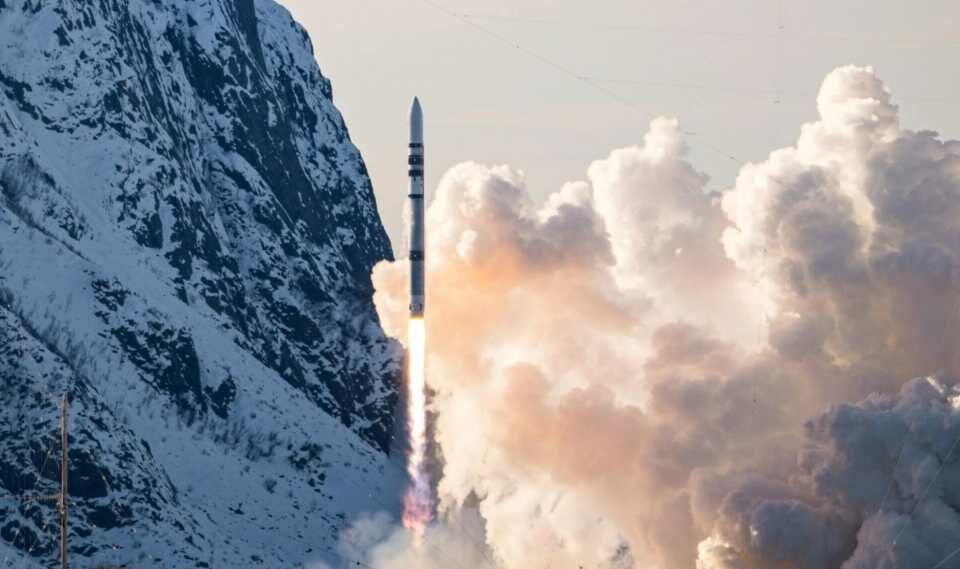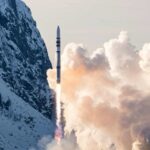German startup Isar Aerospace’s space rocket explodes 44 seconds after takeoff from Norway

For the first time, a private company from continental Europe has attempted to launch a rocket into orbit. Isar Aerospace, a German startup, launched its Spectrum rocket from Norway’s Andøya Spaceport, but the mission ended in failure just 44 seconds after liftoff when the rocket exploded.
The failure occurred less than two weeks after the startup received its launch license from the Norwegian Civil Aviation Authority (NCAA).
The Spectrum was part of an ambitious test by Isar Aerospace to establish Europe’s foothold in the satellite launch market. This flight was the first attempt at an orbital launch from the continent, and Isar had hoped it would serve as a stepping stone for future European space missions. While the rocket did not carry a payload during its maiden flight, it was designed to launch small and medium-sized satellites weighing up to one metric tonne.
First Orbital Rocket Launched From Mainland Europe Crashes After Takeoff

The failure has not deterred Isar, however. The company, which had warned that the initial test might not succeed, highlighted that valuable data was gathered during the attempt. This data will be crucial for the company as it works to refine its systems for future launches.
In response to the incident, Elon Musk weighed in with a reminder of how challenging space travel can be.
“Space is hard. Took @SpaceX 4 tries to reach orbit. They can probably do it in fewer. But then it gets vastly harder to achieve truly useful reusability. Only SpaceX has ever done that,” Musk said in a post on X.
Isar Aerospace’s efforts add to a growing list of European players vying for a slice of the satellite launch market. Other nations, including Sweden and the UK, have also established launch sites. For instance, Sweden’s Esrange and the UK’s SaxaVord Spaceport in the Scottish Shetland Islands are preparing to launch their own rockets in the coming years.
Global competition in this space is fierce, with major players like SpaceX and France’s ArianeGroup already dominating the market. SpaceX, in particular, has revolutionized satellite launches with its Starlink service, providing global communications coverage.
The BDLI, Germany’s aerospace industry association, has echoed the importance of Europe achieving greater autonomy in space. “Europe urgently needs to ensure its sovereignty in space. Elon Musk’s Starlink is not without alternatives – nor should it be,” said Marie-Christine von Hahn, Managing Director of BDLI.
Isar’s failure has highlighted the difficulty of entering the competitive commercial space industry, but it also signals the start of what could be a significant effort by Europe to catch up. Despite the setback, the company remains committed to its goal and continues to see the first test as a valuable learning experience.
Founded in March 2018 by Daniel Metzler, Markus Brandl, and Josef Peter Fleischmann, Isar Aerospace is developing Spectrum, a two-stage liquid-fueled rocket aimed at delivering 1,000 kilograms to low Earth orbit. The company takes its name from the Isar River that flows through Munich.
The startup plans to build 80% of its rockets in-house, sourcing most of the technology from local tech companies around Munich.




